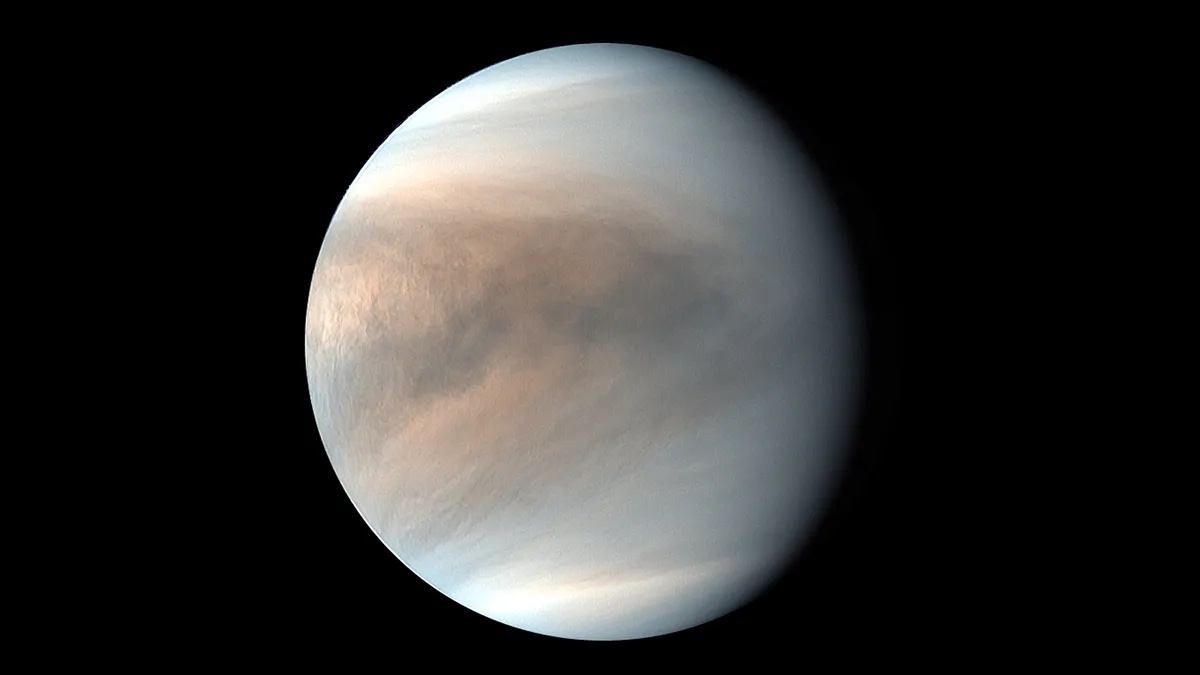
The Japanese space agency said it has lost contact with its intrepid Venus spacecraft Akatsuki.
Akatsuki is Japan's mission dedicated to studying the climate of Venus and currently the only active spacecraft in orbit around the second planet from the sun. The $300 million spacecraft launched in 2010 and had a less than stellar start to its mission, failing to enter orbit around Venus due to a failure of its main engine. However, the mission team managed to contrive a second opportunity in 2015 after five years of orbiting the sun, successfully entering orbit.
The spacecraft, also known as Venus Climate Orbiter, has been conducting science ever since, making some unexpected observations. These activities may now be at an end, however.
Related: Venus is leaking carbon and oxygen, and scientists aren't totally sure why
JAXA’s mission account for Akatsuki posted on X Wednesday (May 29) that the Institute of Space and Astronautical Science (ISAS) had "lost contact with Akatsuki after an operation in late April due to an extended period of low attitude stability control mode, and is currently making efforts to reestablish communication with the spacecraft."
The spacecraft will need to be able to maintain a stable orientation in order to point its antenna and communicate with Earth.
"We will inform you about future plans once they are fixed. Thank you for your warm support," a second post from the Akatsuki team read.
Akatsuki, which means "dawn" in Japanese, has already worked past its primary mission. The spacecraft began an extended phase of operations in 2018.
Even if Akatsuki cannot be rescued this time, the mission has proven the problem-solving capabilities of JAXA engineers and enhanced our understanding of Venus' climate and atmospheric dynamics.
And, even if Akatsuki is indeed dead, Earth's sister planet might not remain unobserved for long. Questions of why Venus suffered a strong greenhouse effect, making it the hottest planet in the solar system, and the tantalizing readings of potential biomarkers in its atmosphere, mean the planet is receiving renewed interest.
New missions, notably from NASA, the European Space Agency, India and a private mission, could be heading to Venus later in the decade.
Originally published on Space.com.







